
Watch More Videos
Sign Up for Our Emails:
Reach out to Rev. Cory via email, link appears above after email submission
“For the Lord God is a sun and shield;
The Lord gives grace and glory;
No good thing does He withhold from those who walk uprightly.”
~Psalm 84:11
“On that day you will realize that I am in my Father, and you are in me, and I am in you.”
~John 14:20
“[Evils] are like a dream when we awake.
When you arise, Lord, you will reject them as fantasies.”
~Psalm 73:20

Swedenborgian thought deeply influenced insightful thinkers & activists such as Helen Keller, Ralph Waldo Emerson, William Blake, & Johnny Appleseed
Written Messages
It can often feel like we’re hitting our heads against a wall when it comes to our spiritual growth. We strive to invite more of God’s light into our lives and yet it can seem like we go nowhere, that we’re not making any progress. A key cause of this feeling of stagnation may be in our inability to truly allow God’s light to shine throughout our inner environment. We expect God’s light to immediately transform our feelings and our thinking without us having to see ourselves and, even more importantly, accept what we find inside.
It’s surprising to see how many times it says that people in Jesus’ community sought to “unalive” him (the new, TikTok-friendly term for murder). This was typically because Christ would speak about his perceived oneness with Divinity, the “Father.” In today’s reading alone it comes up twice and we’re only in John 10! What I find most captivating though is that when Christ quotes the Psalm where David (quoting God) calls those receiving God’s words “gods” multiple times, we see no immediate reaction, it is only when Jesus says outright, “I and the Father are one,” and “understand that the Father is in me, and I in the Father,” that they immediately try to kill him. There’s something about distorted religiosity in every religion that seeks to distance our unity with God, indeed it often carries an unaliving anger at the very idea. We might call God “the Compassionate,” as does Islam, but say that God shines as our compassion and be careful! Moreover, most of us tend to centre from an idea that we are distant from God, whether we think that actively or not, but this is a lie that we subtly carry that effectively blinds us to the reality of who we are and the life all around us (which can only truly shine in our shared consciousness, or so says quantum physics!).
We all can feel lost at times. Not knowing what’s true or what to do. Even when things are going relatively well in our lives, we can feel despair and a sense of failure, inadequacy. We suffer from what we might call “modernitus,” or, more accurately, “separatitus,” because these challenges arise when we have not come to settle into the peace at our core, the unity we share within, what some call “Buddha,” “Goddess,” “Jesus.” The core beliefs of the modern world do not serve our spirit, beliefs about individual achievement, materialism, and what it means to be a civilized society. But the Divine Life that encircles us and is the light of our very consciousness beckons us back into the fold, back into harmony with nature and the earth, back into our rightful place led by our innate wisdom and divine love, sometimes called the Good Shepherd.
So, Jesus says that we must “lift up the Son of Man” and then we will know that Christ is he, serving the Lord. Cryptic, wouldn’t you say? How do we lift up the Son of Man before knowing that it’s Christ? The beauty of this statement is that it’s so obvious, and yet it can seem quite off-the-wall at the same time. Christ often talked about the Son of Man, but in negative terms, saying that the Son of Man has no place to lay his head and that he must undergo many trials. Typically, we would lay this term at Jesus’ feet, thinking that it has nothing to do with our own experience of trials and having no place to truly rest. And yet, here I believe we have Christ saying that we must lift up ourselves as the “Son of Man” before we can see what Christ truly is, a son of man raised up to be a Son of God.
How do you define yourself? This is often the question at the root of many spiritual teachings as well as many mental health issues. We tend to think that our issues are our own, whereas in fact the roots of all our problems tend to stem from our histories with other people, genetics, family systems, social systems, economic systems, and many other things that only exist in a continuum with the universe itself. Tell me, could you have had that defining moment if gravity never existed, or the solar system, or a billion other things? The same goes for our good qualities, we think we are our intelligence and prowess when in fact it isn’t really something we had control over. Even if we feel like we worked for something, what were the root causes of being able and willing to work for it? In this way our idea of ourselves is just that, an idea, often confined by our social norms; “I am my body and what its done,” “I am my mind.” To find peace within ourselves, we have to come to identify with more of what we truly are.
I love how Jesus just straight up ignores the accusers of the woman in our reading from John 8, who they say has been caught committing adultery. It’s a bold move, and not one we see often in any of the world’s scriptures: God or a sage shrugging and literally ignoring someone’s condemnation of another to their face. It’s a funny scene, imagining him just stooping down to doodle (or whatever) on the ground as is described, essentially saying that doodling deserves more attention than this crowd’s attempts to discredit and murder another while also trying to entrap Christ in the process. He’s not dismissing the woman but the destructive nature of the crowd’s intent. And further, when he does respond, it is to point out that not one of them is better than her, saying that he himself also does not condemn her. That being done, and with the crowd dispersed, he then points out that she too isn’t living her best life and that she should move past her own destructive tendencies. He goes full circle in the boldness of his approach, continuing to centre on mercy and peace but also our need to reform our living so that we also can find oneness in Being.
Sometimes we think that accepting our current situation (or life’s “confines”) is a limiting proposal, but our sages tell us that our inner light already has the freedom and fulfillment that we are looking for. Therefore, finding it in our present situations opens our inner door, which opens our outer. Often, we are so caught up in how we want things to be, or this feeling of lack or that, that we never truly start to turn and enjoy the freedom of the naturalness of our spirit, one with the Spirit. Indeed, the Great Spirit is often misunderstood to be something distant from us, but as Christ tried to teach us (like Krishna, like the Buddha), God is within us, and we should remain in this infinity of God beyond words, instead of always “branching out” into false, stilted living. This means knowing ourselves as Christ knew our true selves and himself to be, as “the Way, the Truth, and the Life,” inherent in all things as the light of being, living, and consciousness.
Sometimes we forget that all our gifts and blessings flow from the God known by many names - even occasionally called “the universe.” In a way, we can think of every event as being conspired by the entirety of the universe, as all the preconditions and elements in the universe are dependent on each other directly or indirectly. If the universe did start as a “big bang” we can also think of every aspect of it being “entangled.” Moreover, our sages tell us that Divine Providence is inherent in every little thing, otherwise, it couldn’t direct the larger things. Further, when we come to believe in the reality of God’s nature within us and everything, as Christ said, “rivers of living water will flow from within [us].” To do this we have to open ourselves to the light of our inner child.
For Fathers’ Day it may seem a little strange to highlight a quote from Christ that says not to call anyone on earth “father,” but trust me – I have my reasons! That sounds like something a father would say, doesn’t it? Jokes aside, I believe it’s true, all truly fatherly attributes are from the Divine Parent, our Heavenly Father known by many names. And the aspects of each of us that can be called “fatherly” are not of this world either but are sourced from above. And so, he’s right, in a true sense no one on earth can be called father as it is our Divine light and the Divine workings of Providence and Life that make anyone even an earthly dad. It is the aspect of us not “on earth” that is the root of our parenthood, the core of life that we call angelic, heaven, Divine, and God. This means that when we call our fathers “father” in this world, we would do well to remember that the fatherly light is from the One Divinity known by many names, and that any true fatherhood is the Lord made manifest, just as it is with our mothers.


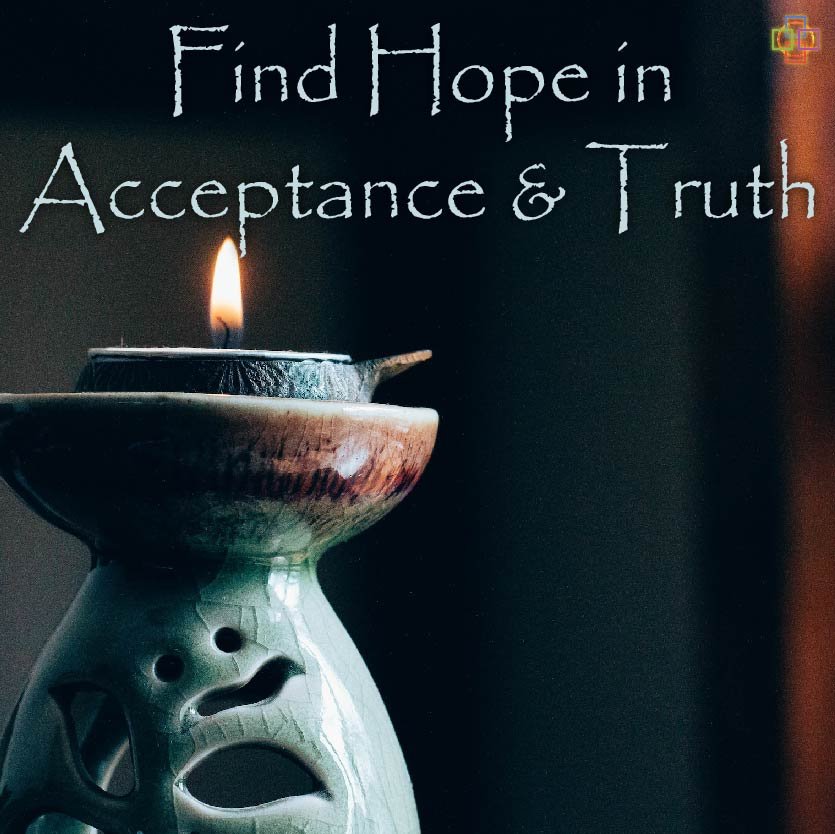
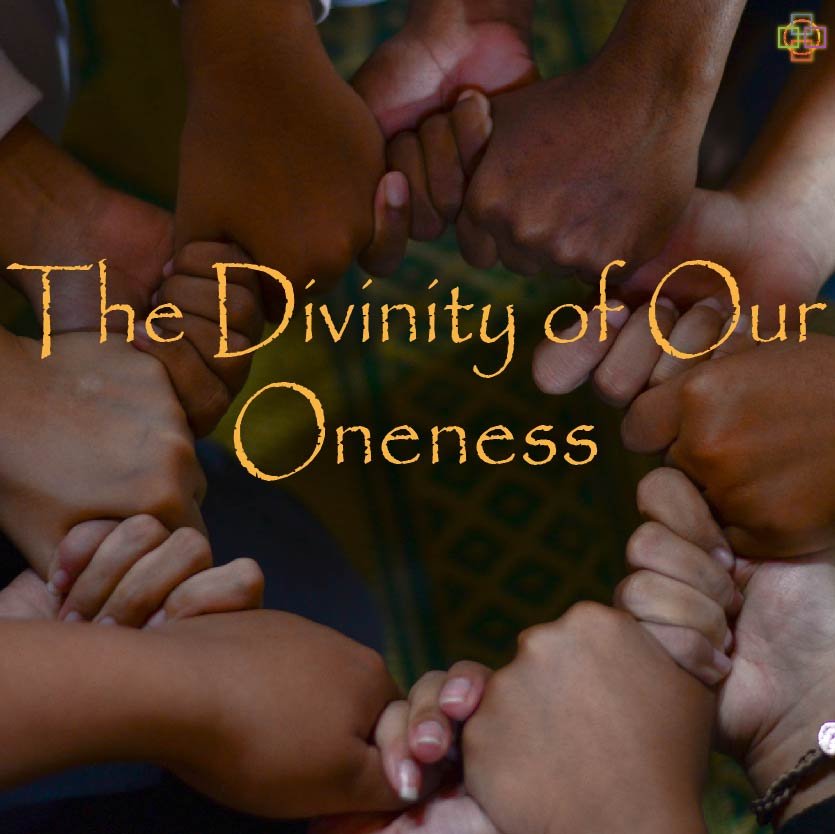

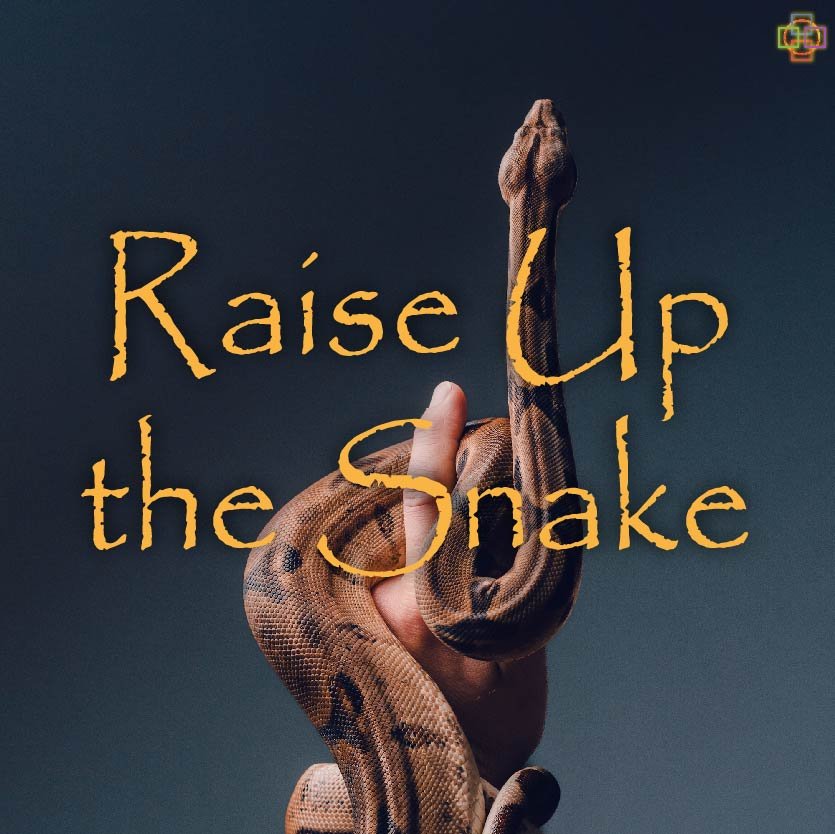
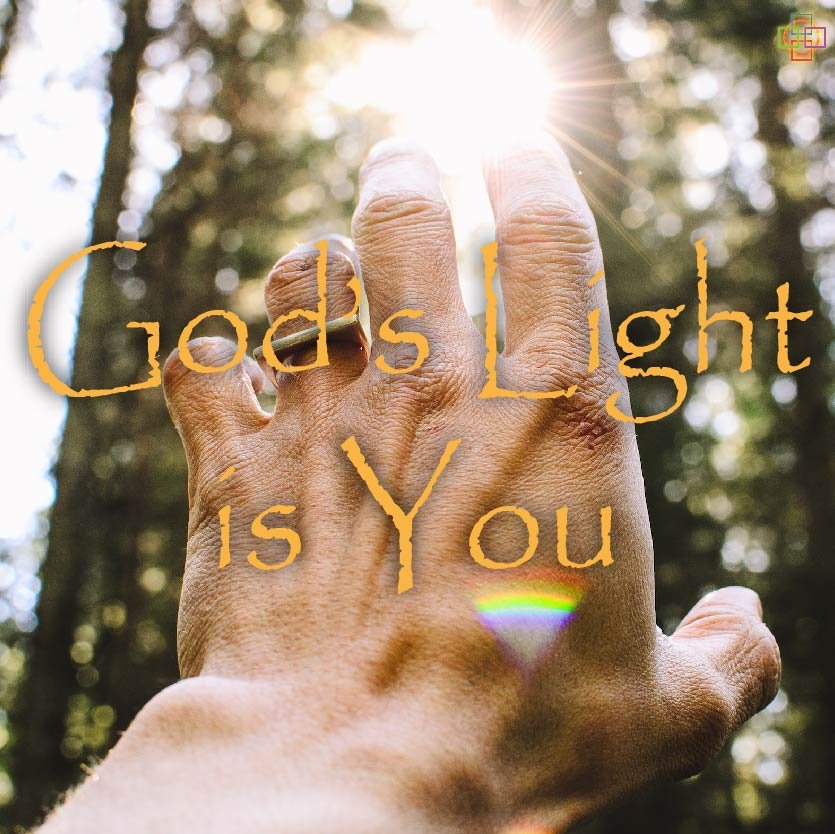

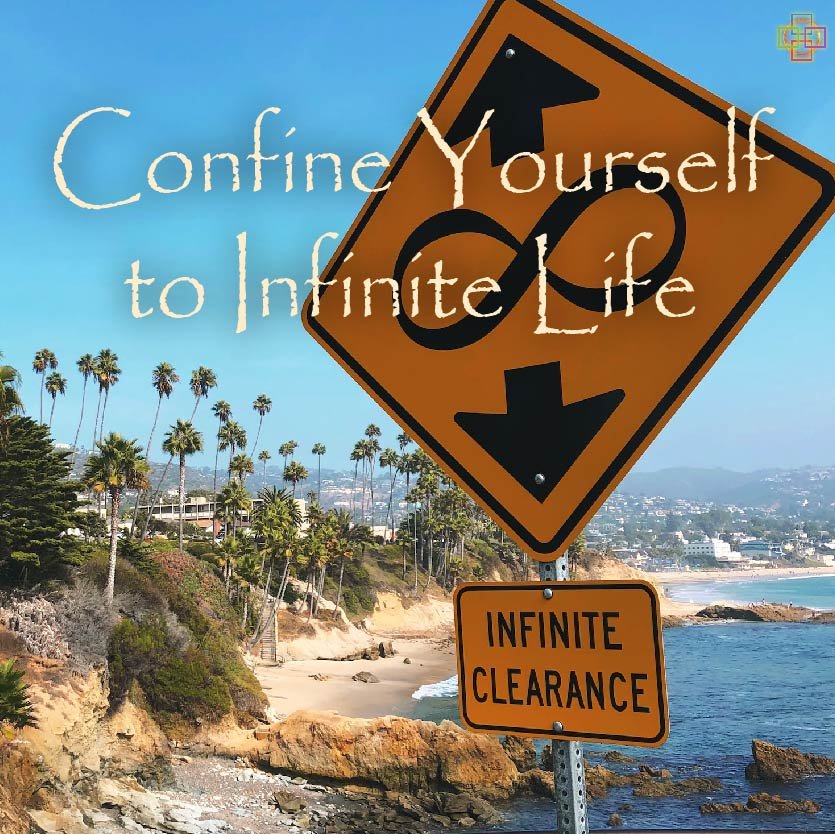

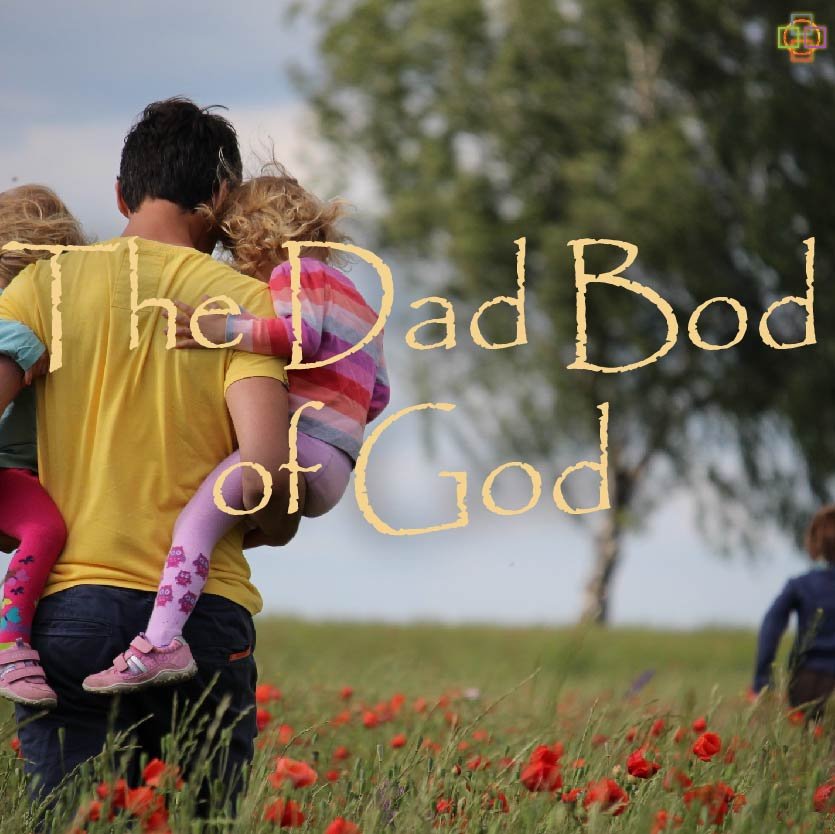
There’s a lot of news lately about government disclosures of alien aircraft, or at least, what they are now calling unidentified aerial phenomena (UAPs). The US and others have started to share information about these strange objects, many of which move much quicker than our fastest planes and seem to defy the laws of physics as we know them. The idea of extraterrestrials can be an enlightening one because it can open us to a sense of infinity and wonder that we can sometimes lack in today’s modern world, one in which we strangely feel like we know just about everything. Confirmation of UFOs and perhaps even extraterrestrial visitors calls on us to question our sense of superiority, calls into question some of our belief systems, and in general, opens our minds to the infinite mystery around us that we often miss. Perhaps, this is why the great scientist turned mystic, Emanuel Swedenborg, wrote so much about ETs!